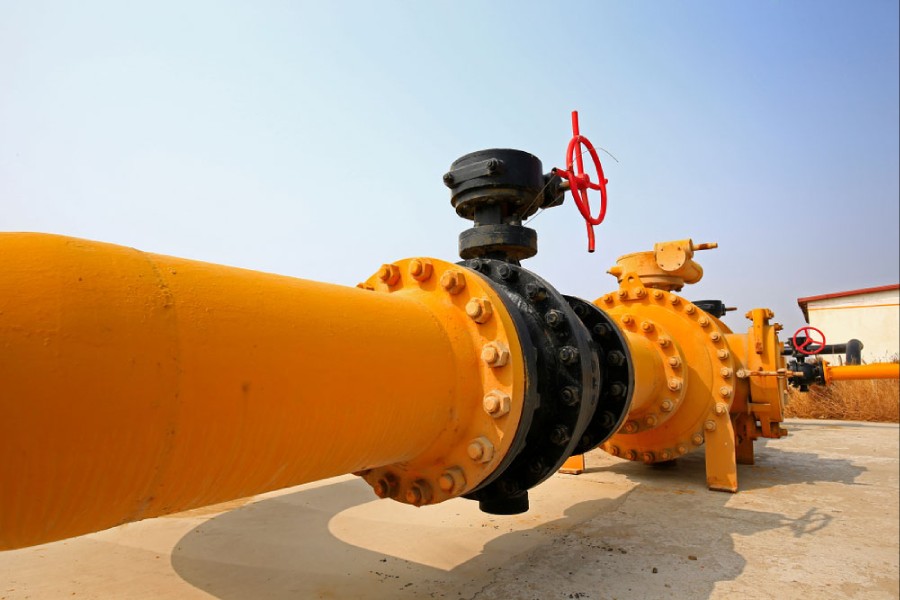The Petroleum and Natural Gas Regulatory Board (PNGRB) on Friday unveiled new regulations for fixing transportation tariffs for petroleum product pipelines, aiming to attract investments and improve efficiency in the sector.
The new rules, effective from August 1, 2024, move away from benchmarking tariffs against railway freight rates, which have not been revised since 2018.
The new pricing framework introduces a dual approach to tariffs.
For existing pipelines, often referred to as 'legacy pipelines', tariffs will be indexed to railway freight rates with additional escalations to account for inflation. This means pipeline operators will benefit from a gradual increase in their revenue.
However, for pipelines commissioned after 2010, a more market-oriented approach is being adopted.
These pipelines will see their tariffs determined by a discounted cash flow (DCF) methodology. This method, commonly used in the valuation of assets, is expected to attract private investment by offering a more predictable and potentially lucrative return on investment
PNGRB chairman Anil Kumar Jain said the shift aims to provide "financial stability and attractiveness" for pipeline infrastructure growth.
The decision is expected to have a positive impact on major oil companies such as Indian Oil Corporation and Reliance Industries, which operate extensive pipeline networks.
Increased tariffs could lead to higher revenues for these companies, allowing them to invest in infrastructure upgrades and expansion.










